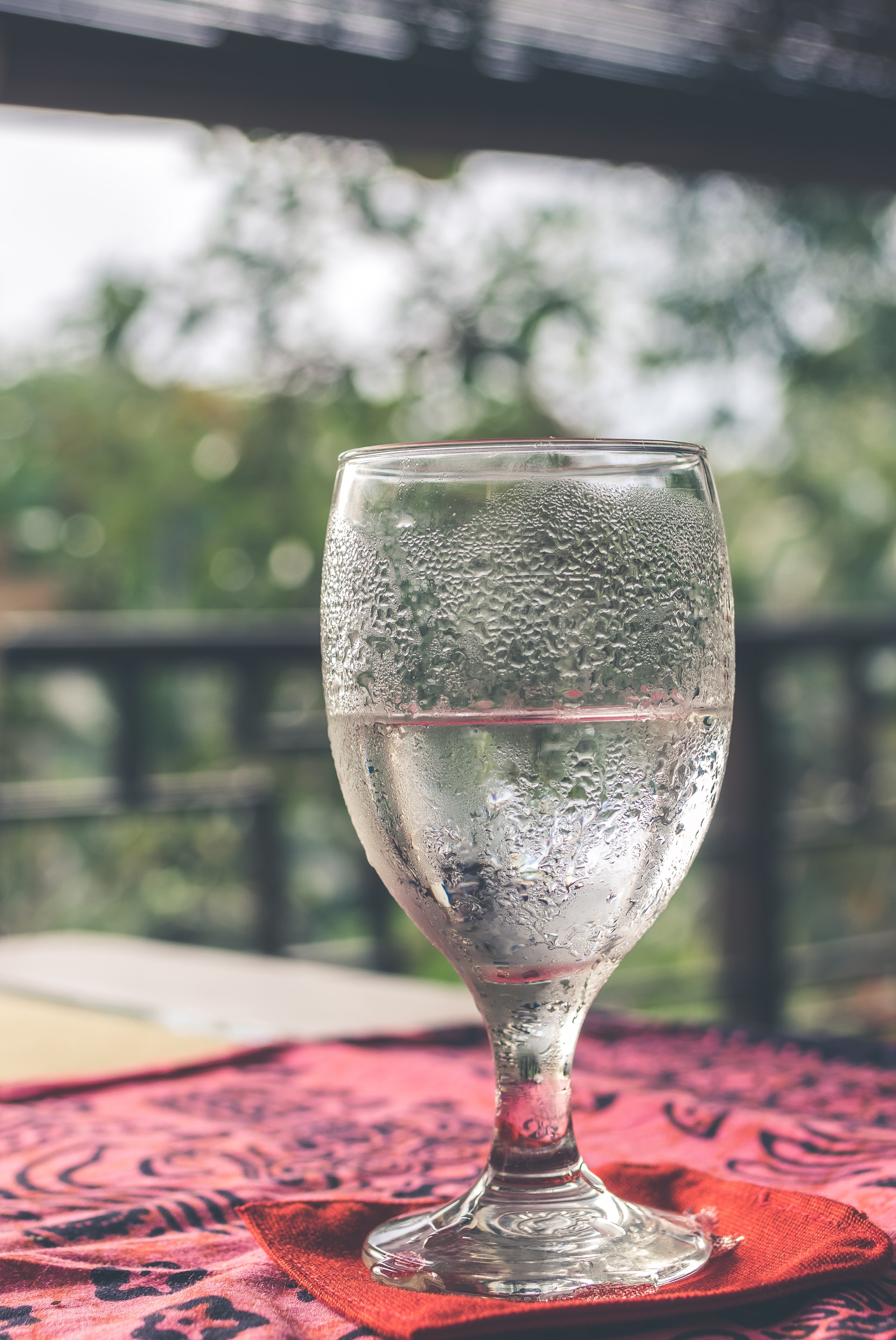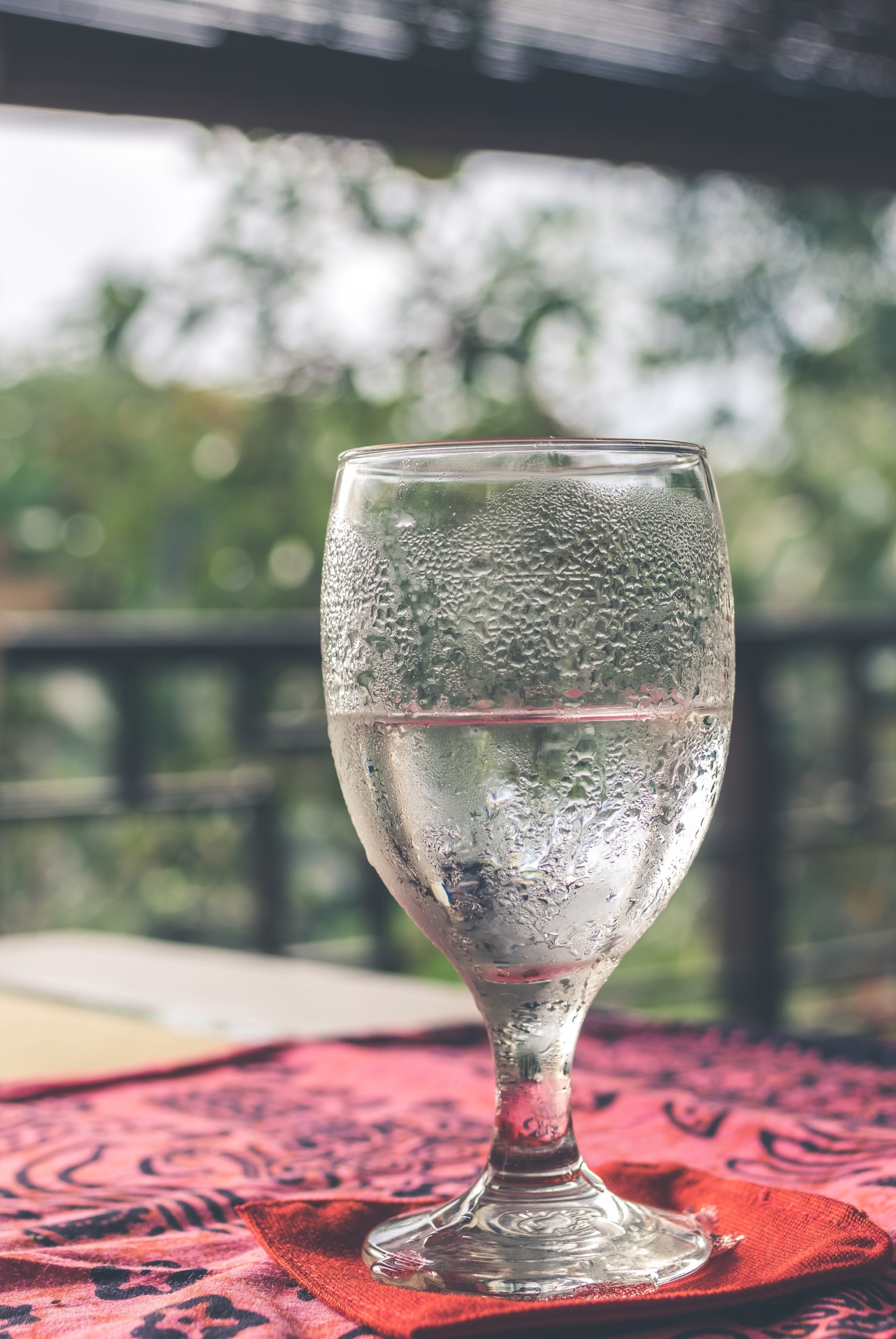5 Important Things You Should Scrutinize to Get the Best Water Filter

Water gets contaminated by human activity or natural causes, making it unfit for drinking and cooking. Due to the alarming rate at which water-borne infections are spreading, it has come to people’s attention that having pure water at home is a priority. It is therefore recommended to install the best water filter. Water purifiers are designed to eliminate dissolved contaminants to make the liquid safe for human consumption.
Today’s market is full of water filters ranging from simple pitcher, undersink filter, to whole-house water filtration system. The big question is how to get the correct water purifier for your home. What parameters should you reckon with before purchasing a water filter?
1. The Quality of Water
The state in which water gets to your home determines the type of purifier you need. Water quality varies from one place to another. In some regions, water comes loaded with traces of heavy metal while in other places, germs and pharmaceuticals are a major issue. Note that most contaminants cannot be identified through smell or appearance. Not to mention, disease-causing micro-organisms are totally invisible. Sometimes, the smell and taste can indicate the presence of pollutants. White patches on steel utensils that have been rinsed are a clear indication of hard water.
If you have a hard water issue, read this Fleck 5600SXT Water Softener Review.
Suppose you are supplied with water high in Total Dissolved Solids (TDS). Reverse osmosis (RO) water filter would be a great option. The RO filtration mechanism removes salinity and hardness caused by metals and dissolved salts. The semi-permeable membranes in such filters can trap even the tiniest particles. If, on the other hand, you get soft water at home, look for carbon-based water filters.
2. Power Supply
The power supply is a critical factor to take into account as you shop around for a suitable water purifier. You don’t want to run out of clean water due to frequent power outage. If your area experiences electric outage more often, you need a filtration system with big storage. Certain water filters provide non-electric reservoirs which work on gravity without relying on electricity.
However, reverse osmosis and UV water purifiers are powered by electricity. If you live in a region with an inconsistent electricity supply, you might need an alternative water filter to save you during emergencies.
3. Maximum Daily Filtration Rate
The filtration rate may seem insignificant when shopping for a filter but wait until you start using the system. The rate of filtration is the volume of water the purifier can filter in a day. Water filters are configured in different filtration rates. It is imperative that you buy one that will meet the demand for clean water in your home.
If you have a large family, get the best countertop filter that can produce the number of water gallons you need every day. But you should avoid a purifier that filters more than you need because it will be more expensive. This brings us to the next point about water usage.
4. Water Demand
How much water does your household consume every day? When shopping for a water filter, do not forget the size of your family as it dictates daily water usage. Water purifiers feature different storage capacities. Your loved ones should get safe water even when there is no electric power. Before you make a final purchasing decision, consider daily usage as well as the water needed for cooking. For a big-sized family get an under-sink or countertop water filter. These higher output models can efficiently purify large volumes of water per day. If the daily consumption is low, look for the best filter pitcher. Ideally, the output should be equal to or higher than the demand.
5. The Cost
How much are you willing to invest to enjoy clean and safe water at home? It is good to set a specific budget before you head out to a store to buy a water purifier. Choose a product that suits your pocket. If you are looking for a long-term solution, go for high-quality brands and remember this will cost more. Still, there are numerous options available for low-budget consumers. To enjoy clean water, you do not have to buy the priciest purifier in the marker. First, beware of the contaminants in the water. Next, choose a water filter that suits your needs. There is no need to get a product that you do not actually need. But if the situations demand, feel free to go slightly over your budget.
There are various factors that determine the cost of water filters. Note that the total cost includes both the installation and operation expenses. Apart from the quoted price from the supplier, expect to pay for other expenses like electricity bills. Also, consider the cost of replacing the filters. This depends on the model you pick. Just to be sure, ask the experts on the real cost of replacing the filters.
Apart from the above 4 parameters, look for additional benefits to help you buy the best water filter. When searching online, check for such features as energy-saving mode, inbuilt kitchen timer, stainless steel purification, and stage purity process.


